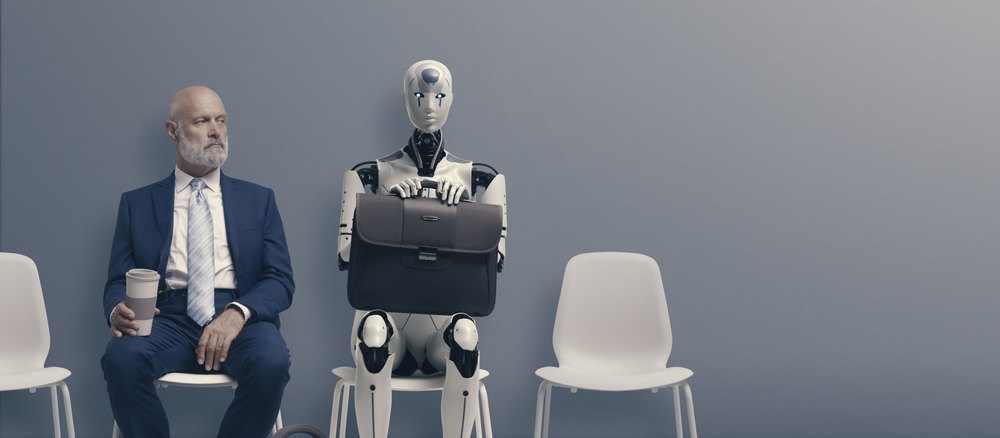A recent study by researchers drawn from the Massachusetts Institute of Technology (MIT) and International Business Machines (IBM) explored the impact of artificial intelligence (AI) on employment takeover.
Though not comprehensive, the review illustrated that the transition from human employees would take longer for AI workers. The MIT-IBM study faults many pundits who predicted a swift takeover of AI workers from humans.
The study findings will help to ease the fears that artificial intelligence threatens to take over the employment of human workers eventually.
Automating Jobs to Impose Premium Cost
Labor and tech experts have 2023 warned that AI can potentially replace humans within the workforce. A recent study projected that half of the tasks currently executed by humans are candidates for eventual automation.
The newly completed research by the MIT-IBM Watson AI lab team warns that automating the jobs could impose a premium cost that most employers are unwilling to pay.
The working paper identified as inquiring beyond AI exposure in the exploration of tasks cost-effective to automating rules out the vast swathe of employment positions previously highlighted in other studies as candidates for AI takeover.
The findings indicate that most employment positions could be more cost-effective to automate in the prevailing economy.
The study corrects previous literature as incapable of predicting automation pace based on AI exposure. The MIT-IBM study indicates that the previous literature emphasizes attempts to assess AI’s overall potential impact on a specific area. The assessments overlook the technical feasibility and the economic attractiveness of building such systems.
Economic Feasibility of AI-Powered Automation
The MIT-IBM study identifies that the primary hurdle in adding AI automation to labor is the failure to realize economic feasibility. Training and implementing such systems results in high costs.
The researchers admit that existing systems, such as OpenAI’s ChatGPT, accommodate fine-tuning to handle specific purposes. The study findings illustrate that the general nature of such systems erodes their suitability to execute multiple applications.
The study illustrates that many employers would be required to spin up AI systems. Alternatively, the employers would entrust the proprietary data and internal processes to third parties. The resulting costs would often surpass the status quo when engaging human workers.
The researchers indicate that only 23% of the spending to settle worker wages would remain attractive for automation.
The findings contradict the pronouncement by DeepMind co-founder Mustafa Suleyman, who considered the next five years to be revolutionary for the business sector powered by AI.
The chief executive of Inflection AI addressed the audience last week in a panel discussion during the World Economic Forum in Davos, Switzerland. The AI pioneer echoed his belief that AI systems would 2030 invent, manufacture, and market products.
Suleyman advocated for government intervention within the AI sector, conscious of the threats posed by evolutionary technology in employment. The AI expert joined other executives, including OpenAI’s Sam Altman and Mark Zuckerberg from Meta, alongside Amazon and Google companies, in meeting with the Senate to explore potential regulatory efforts for AI.
Notably, no enforceable action is yet to emerge from the committee meetings. Nonetheless, Suleyman joined the tech leaders in signing a voluntary agreement to avert knowingly creation of harmful AI systems.
Outlook on AI-Powered Automation
MIT-IBM researchers’ outlook on AI-powered automation does not rule out that human workers should not worry about the looming threats. Instead, the publication’s tone illustrates that the transformation from a human-led workforce to an AI-filled one will not occur overnight.
The working paper indicates that the shift to AI automation is gradual. The study shows that automation is bound to occur, and multiple businesses are in the investigation and experimental phases before AI implementation.
The study acknowledges that rapid advancement makes forecasting the jobs that AI-powered automation will replace challenging. Also, it is difficult to predict the jobs that AI should replace.
The study indicates that the decision-making process on jobs that qualify for replacement is challenging, given the multiplicity of short-term and long-term economic factors.
Ultimately, the researchers behind the MIT-IBM study emphasize that developing good policy and business decisions is subject to understanding how AI-powered task automation will occur.
